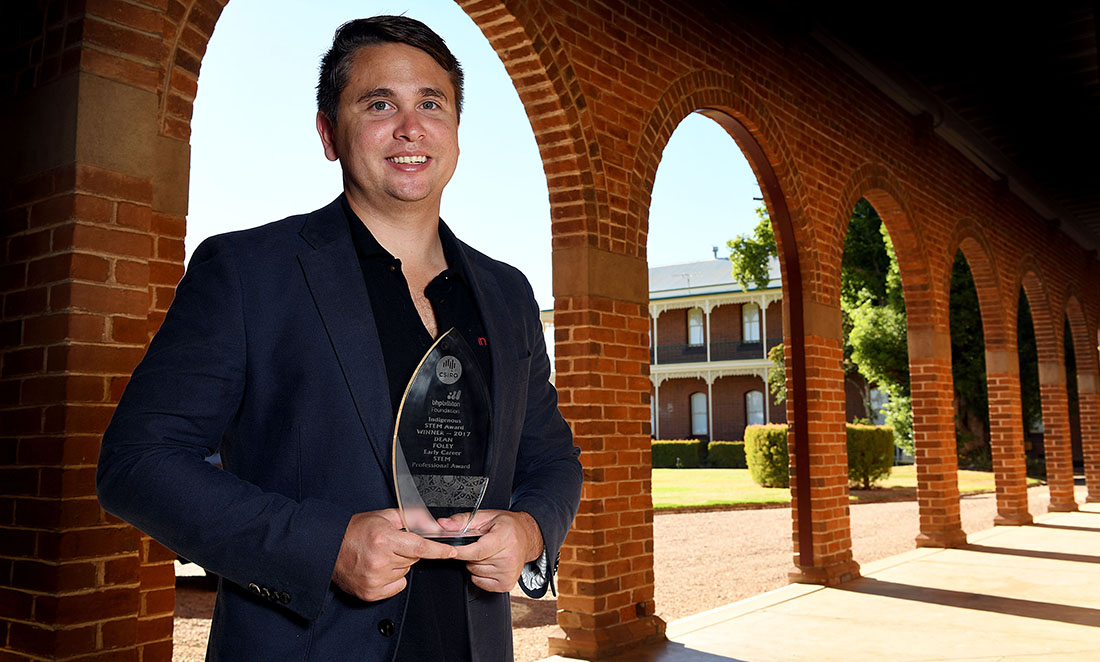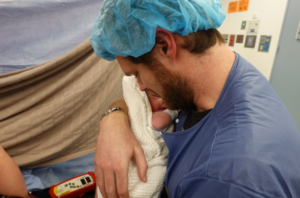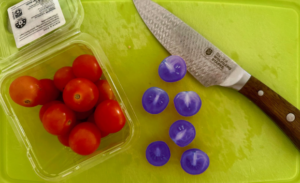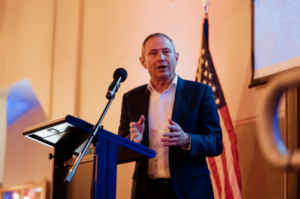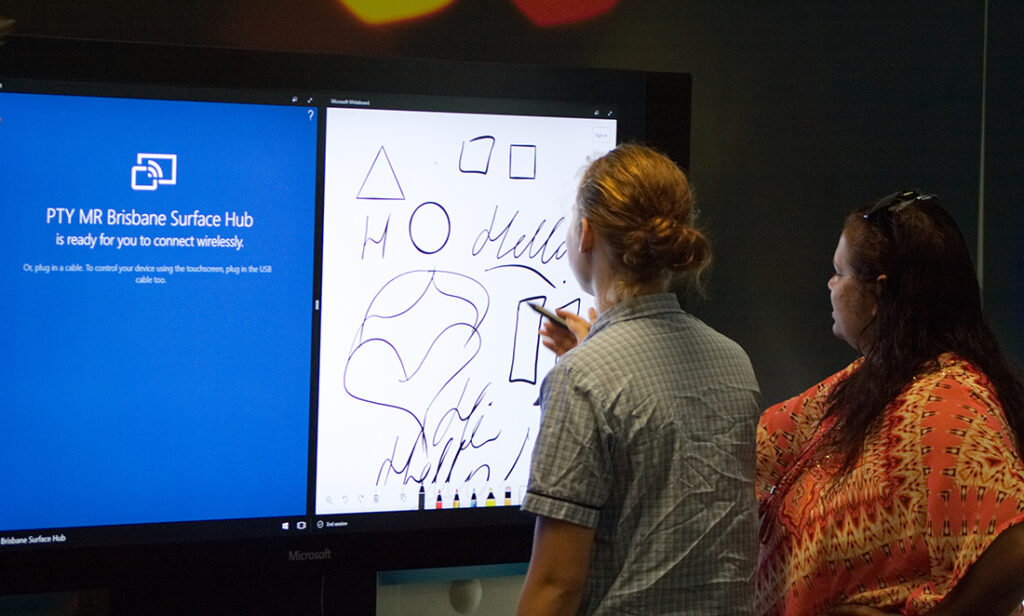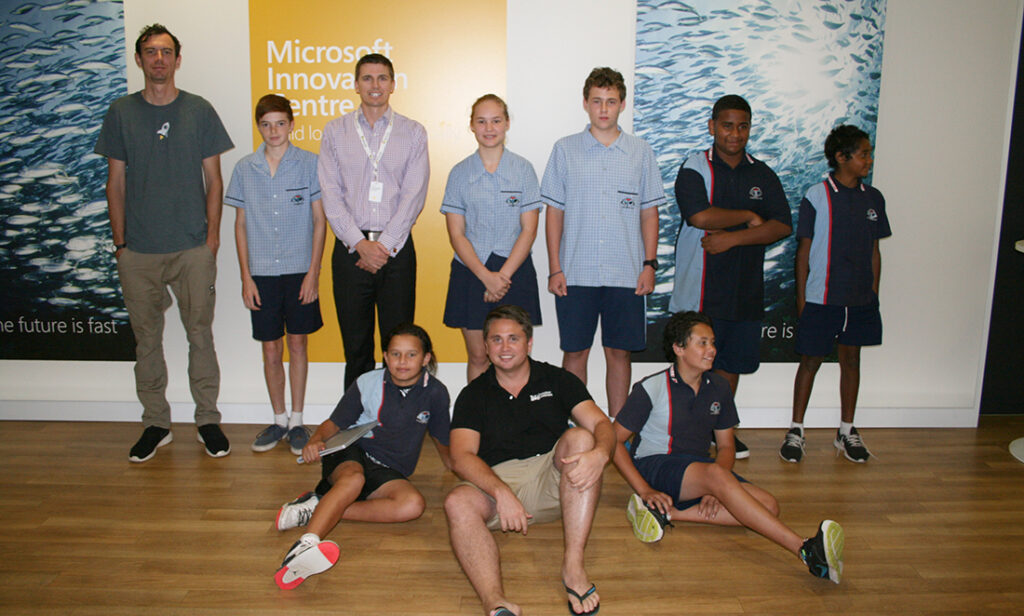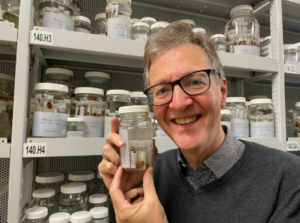Winner of the 2018 CSIRO Indigenous STEM Early Career Professional Award, Dean is the founder of Barayamal, the first Indigenous owned and managed charity in Australia.
Inspired to investigate entrepreneurship
Growing up within the Aboriginal community in Gunnedah, NSW, Dean had lots to overcome.
“I somehow finished year 12 with below-average marks and didn’t think I was smart enough to go to uni,” he says.
Inspired by his grandfather—who fought in World War 2 as one of the Rats of Tobruk—Dean joined the Australian Defence Force.
During this time, a friend lent him the book Rich Dad, Poor Dad.
“That really inspired me to investigate entrepreneurship further and learn how to grow businesses,” Dean says.
His aim was to learn how to run a business and be in a financial position to do what he wanted and also help out the Gunnedah community.
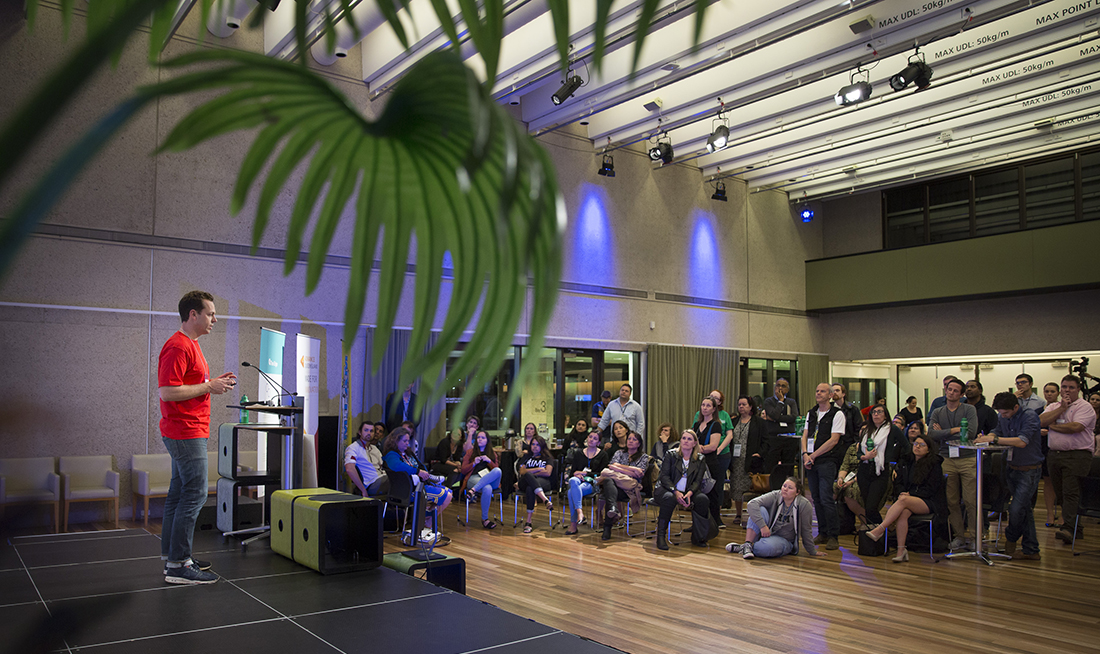
Connecting startups and mentoring
After attending Startup Weekend, a 3-day event to connect startup entrepreneurs, Dean was inspired to run one for Indigenous businesses.
After 5 months of organising, over 100 people attended Australia’s First Indigenous Startup Weekend in Brisbane.
But he knew still more needed to be done, so he decided to partner with an accelerator.
Accelerators are organisations that offer a range of support services and funding opportunities for startups, particularly access to capital and investment in return for startup equity.
“Slingshot, one of the biggest accelerator programmes in Australia, got it,” Dean says.
“They knew the social value of giving back.”
This partnership led to workshops, mentoring and support to five Indigenous startup teams over 4 weeks.
“We can’t wait for government organisations to do stuff—we need to make change ourselves.”
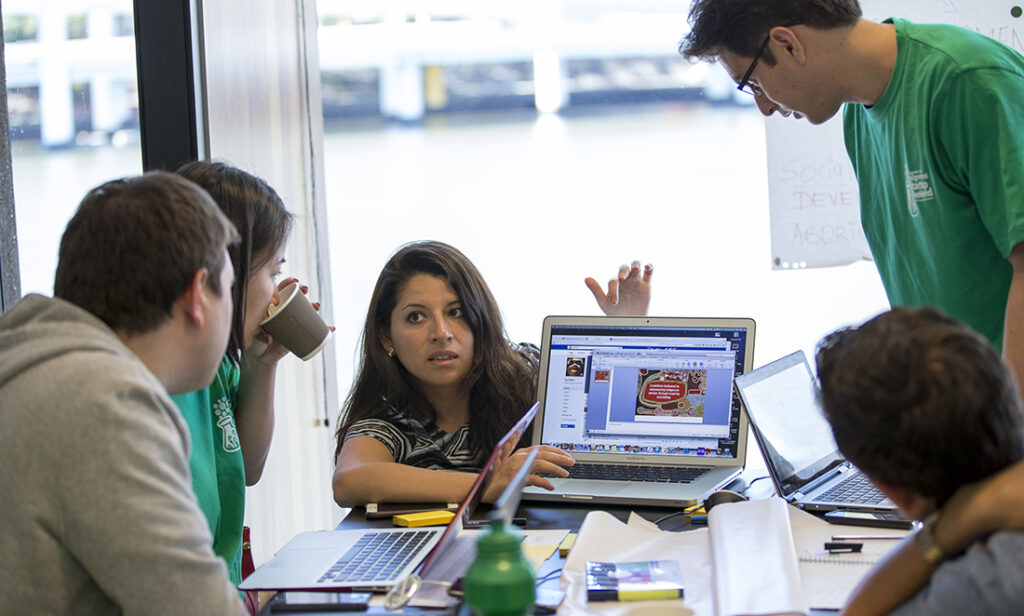
Dean says organisations set up to help the Indigenous entrepreneurs didn’t prove too helpful.
He also believes government spending isn’t making a difference on the ground.
“We can’t wait for government organisations to do stuff—we need to make change ourselves.”
In order to coordinate all these initiatives, Dean started his charity Barayamal, a business accelerator for Aboriginal and Torres Strait Islander entrepreneurs.
Technology skills are key
According to the 2016 Census, Dean says more than half (53%) of First Nations youth are under the age of 25.
“Technology is important for all youth because that’s where all the jobs are going,” Dean says.
“Growth is inhibited by skills shortages—there are not enough tech people out there for opportunities in the future. If youth have the right skills and experience, this sets them up for success in the future as jobs progress.”
So, Dean used the model of free volunteer international coding clubs CoderDojo to coordinate an entrepreneur and coding programme for students from year 7 to 10 called CoderDojo First Nations. This helps young people gain the skills they need for the future of work.
“We have more access to education to grasp the opportunities and take advantage and become successful.”
First Nations Youth Summit
The CSIRO prize money will support the upcoming First Nations Youth Summit.
This will see 100 youths come together to explore how entrepreneurs and technology can build sustainable communities.
There will be a startup challenge, a pitch and one prize is a trip to Silicon Valley—the most innovative city in the world—to attend TechCrunch Disrupt SF 2018.
Dean is currently lining up meetings with some of the biggest philanthropic companies in America to secure funding.
He is also speaking to film makers to document the journey of those working on achieving their dreams in business.
“Ultimately, Indigenous youth don’t need a handout, they need a hand up.”



